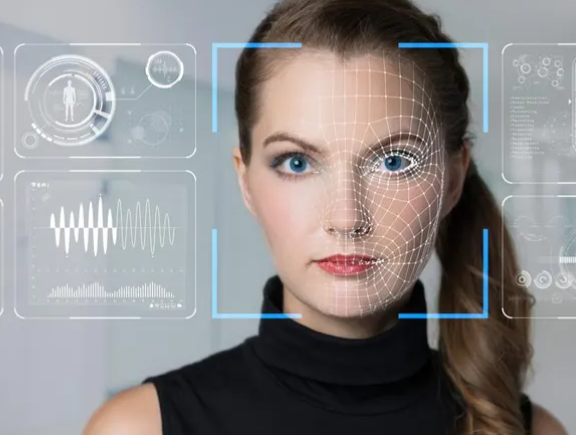
Welcome to the future, a world where machines think like humans and learn like kids. Imagine a life where every decision we make is enhanced by intelligent machines, from the way we consume content to how we drive our cars. The concept may sound straight out of a science fiction novel, but it’s quickly becoming a reality due to the rapid advancements in artificial intelligence (umělá inteligence).
In today’s blog post, we will not just scratch the surface of AI; we will take a deep dive into understanding the fundamental concepts, the latest developments, and how AI is shaping our future. Buckle up, as we venture into the fascinating world of artificial intelligence.
Defining Artificial Intelligence
At its core, AI refers to the development of computer systems that can perform tasks that normally require human intelligence. These tasks include visual perception, speech recognition, decision-making, and language translation, among others. AI is not a new concept; it has been around since the 1950s. However, recent breakthroughs in machine learning, specifically deep learning, have catapulted AI into the mainstream.
AI can be broadly categorized into two types: Narrow AI or Weak AI, which is designed to perform a narrow task, and General AI or Strong AI, which has the ability to perform any intellectual task that a human can do. Despite the ongoing advancements, we are currently at the stage of developing Narrow AI, which is utilized in various practical applications.
Discover the Best Auto Forex Trading Software for seamless trading. Our platform offers advanced automation tools and features to optimize your trading experience effectively.
Practical Applications of AI
Artificial Intelligence finds application in almost every industry, and its uses are diverse and far-reaching. In the healthcare industry, AI assists in disease identification, drug creation, and personalized medicine. AI’s role in diagnostics has significantly improved accuracy and speed, leading to earlier patient interventions.
The financial sector benefits from AI through the implementation of fraud detection systems, algorithmic trading, and personalized investment advice. AI tools can process vast amounts of unstructured data to identify fraudulent activities, and its usage in the financial market has revolutionized trading strategies.
In the education space, AI is transforming how students learn. Through personalized learning platforms, students can receive tailored lessons based on their learning styles and speeds. This has led to a significant improvement in student engagement and outcomes.
The Future of Artificial Intelligence
The future of AI is as promising as it is enigmatic. We stand at a crossroads where the development of AI holds immense potential for human advancement, but with that comes an array of ethical and societal considerations. Will AI outpace human abilities, and if so, how will it affect the job market?
There is also the concern of AI bias, the unfair and sometimes dangerous decision-making by AI models, due to systemic biases in the training data. Addressing this issue and finding ways to create AI that is both competent and fair is a crucial next step in AI development.
The concept of superintelligence—a form of General AI that vastly outperforms humans in every field—poses perhaps the most significant question about the future of AI. If it becomes a reality, it could potentially alter the fabric of human civilization.
Despite these concerns, AI represents a major force in shaping our future. It has the potential to solve some of the world’s most complex problems, from climate change to curing diseases. As the capabilities of AI continue to expand, so too will the questions we ask and the challenges we face.
In conclusion, the rise of AI is not just an evolution in technology, but a revolution in how we view and interact with the world around us. The machines are rising, and our collective responsibility is to guide them towards a future that benefits us all.




